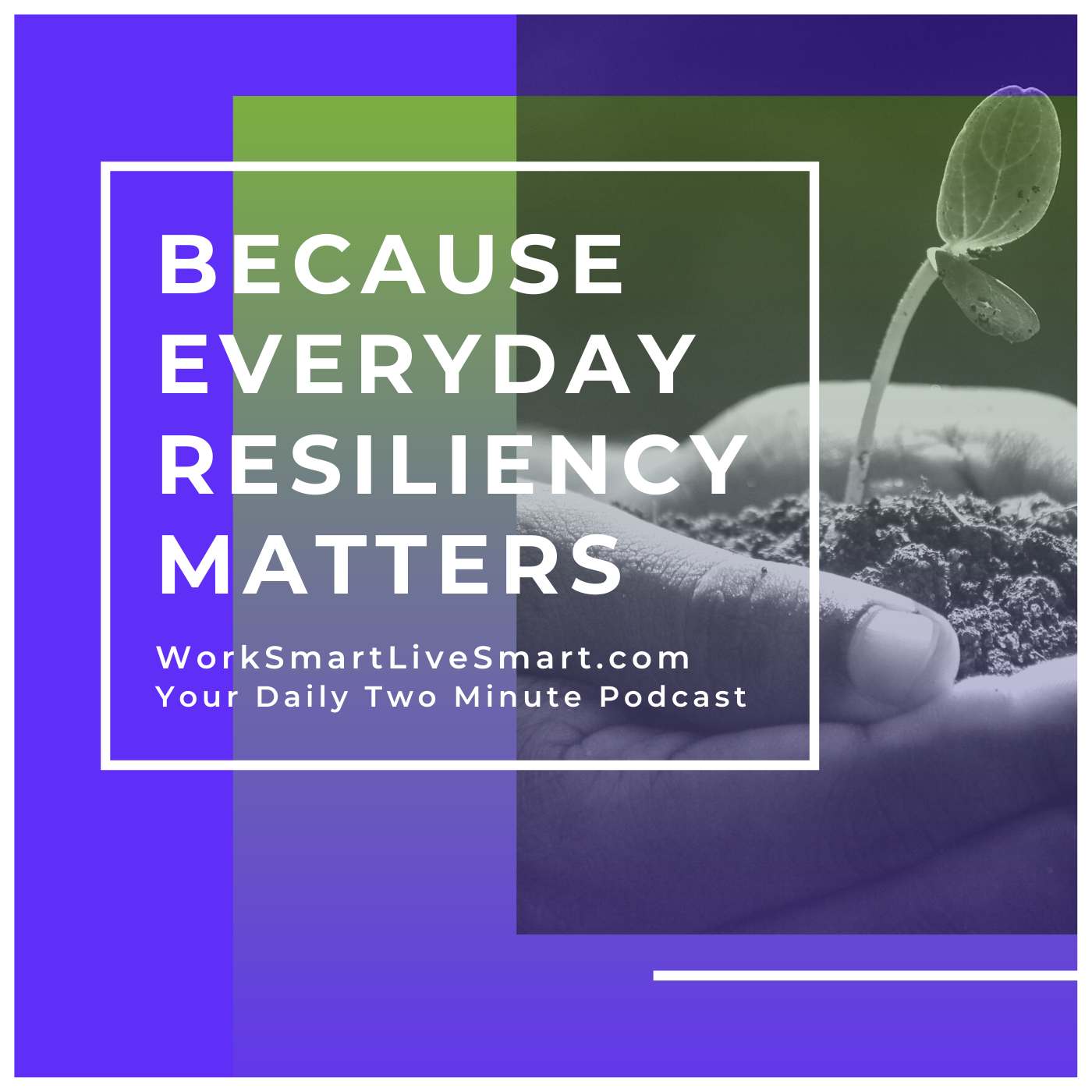
TIP 2001 - See Something, Say Something

Work Smart Live Smart with Beverly Beuermann-King
Shownotes Transcript
Listen to today's podcast...
Whether out in the field or occupying the leader’s chair, everyone has a stake in reporting incidents of suspected or actual wrongdoing. However, being a whistle-blower feels like a violation of that playground rule not to be a tattletale.
Creating a culture that encourages an individual to raise the red flag when something unethical or illegal is taking place is critical.
So how do you get past the feeling of not wanting to cause trouble for someone else?
It’s by understanding that the consequences of keeping silent can be significant and harmful.
Take One Action Today To Build Your #Resiliency! Tips For Building Resiliency and Celebrating National Ethics Awareness Month:
Create a culture within your organization that encourages employees to report wrongdoing. Work with your teams to understand that the cost of silence is high. This silence may impact the safety of colleagues or damage the reputation and bottom-line of the organization.
According to an article in the Harvard Business Review, a survey of 195 global leaders located in 15 different countries reported that high ethical and moral standards were the most important leadership trait in the workplace.
Those whose word is their honor and who can be absolutely trusted to be fair, honest, and forthright, are more likely to command the respect of those around them.
High ethical and moral standards create a safe and trusting environment in the workplace where employees can thrive. When employees feel that they can depend on and trust their leader, they feel safe and will go the extra mile for the organization.
While leaders have an obligation to set the ethical tone of the organization, it is everyone's ethical behavior that matters.
Looking for resources to build your healthy workplace? Check out my top 10 tips under Resources and Courses at worksmartlivesmart.com
#mentalhealth #hr